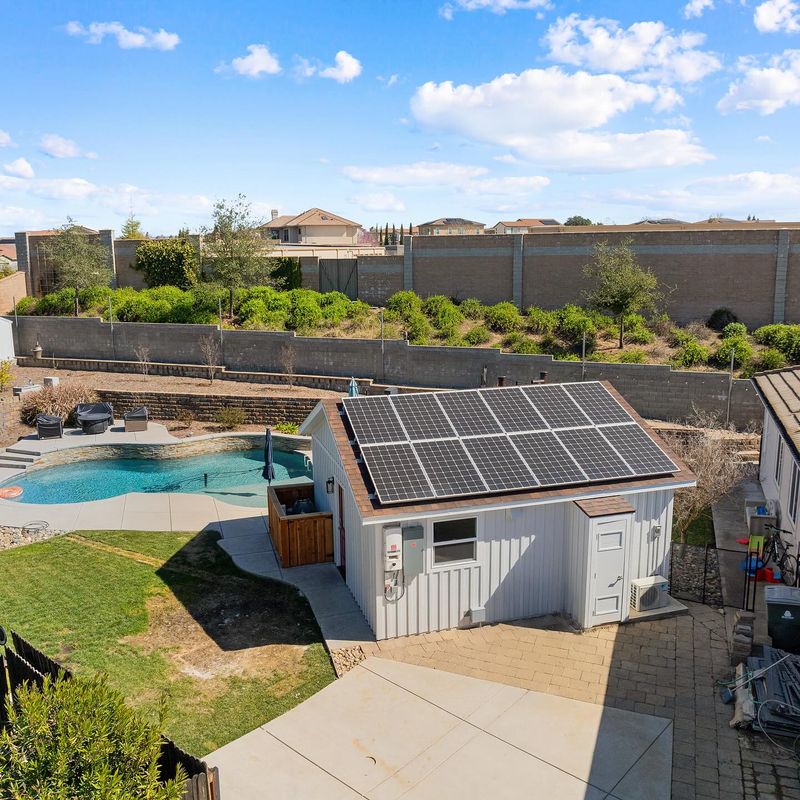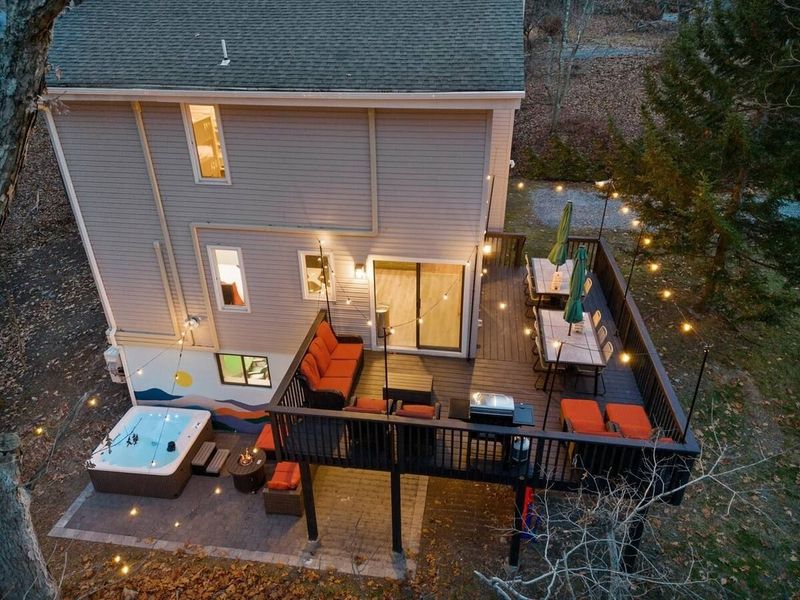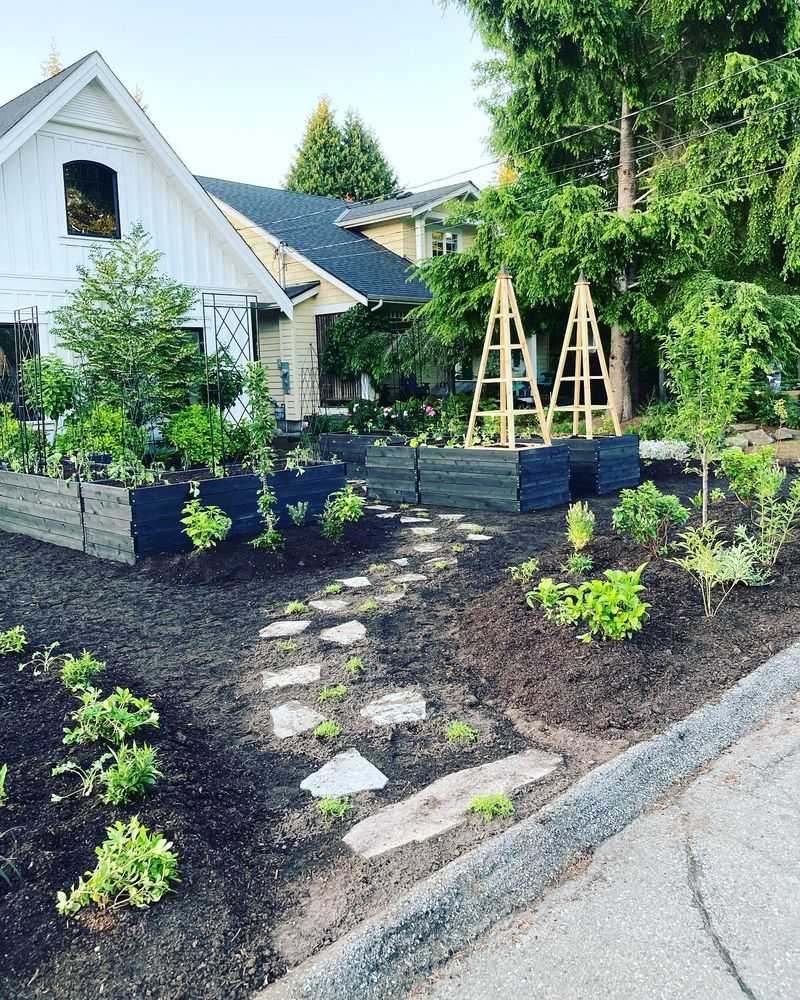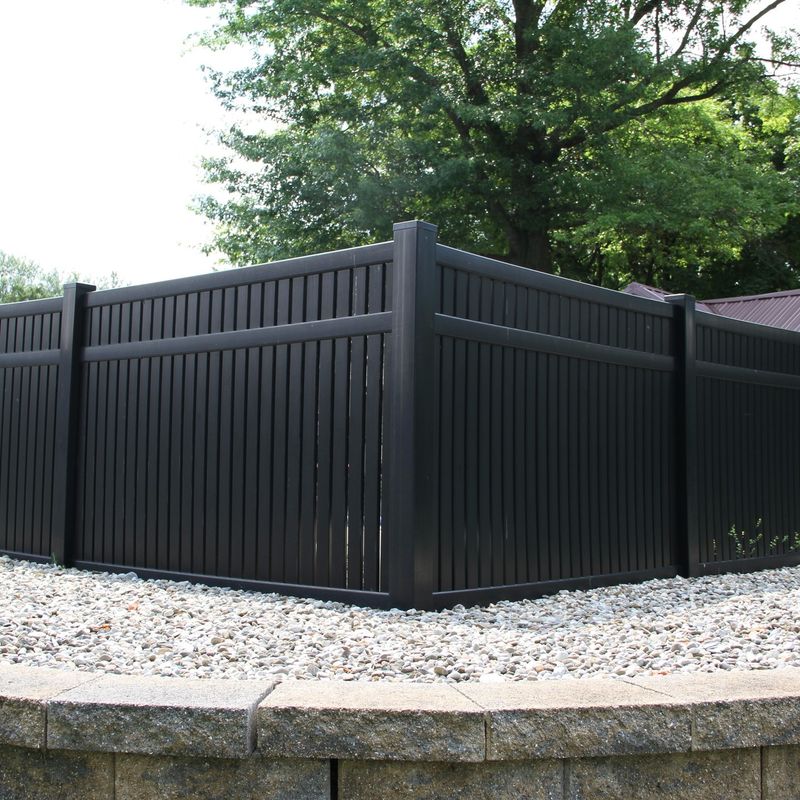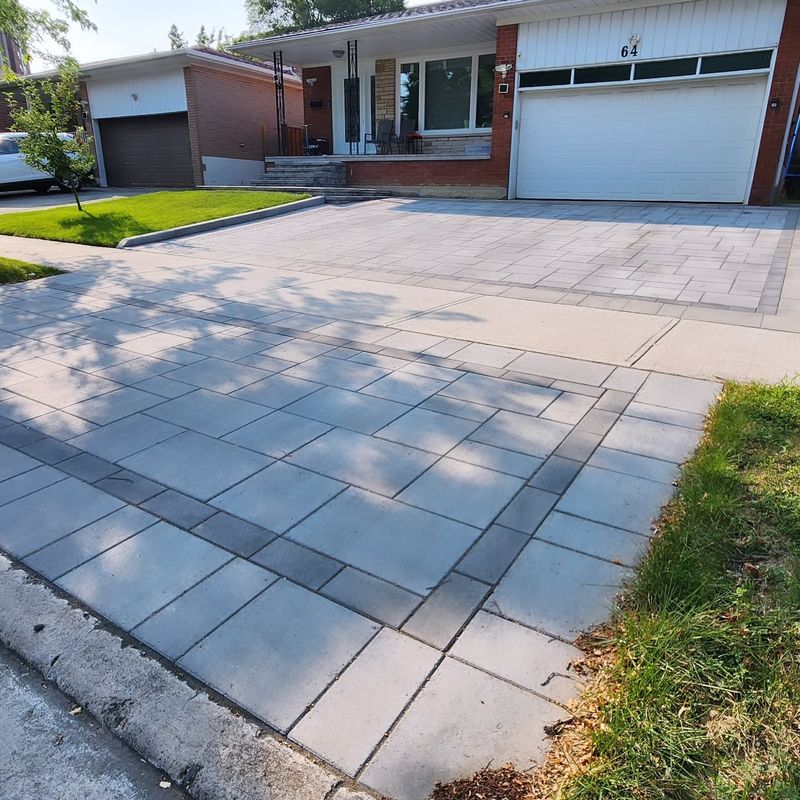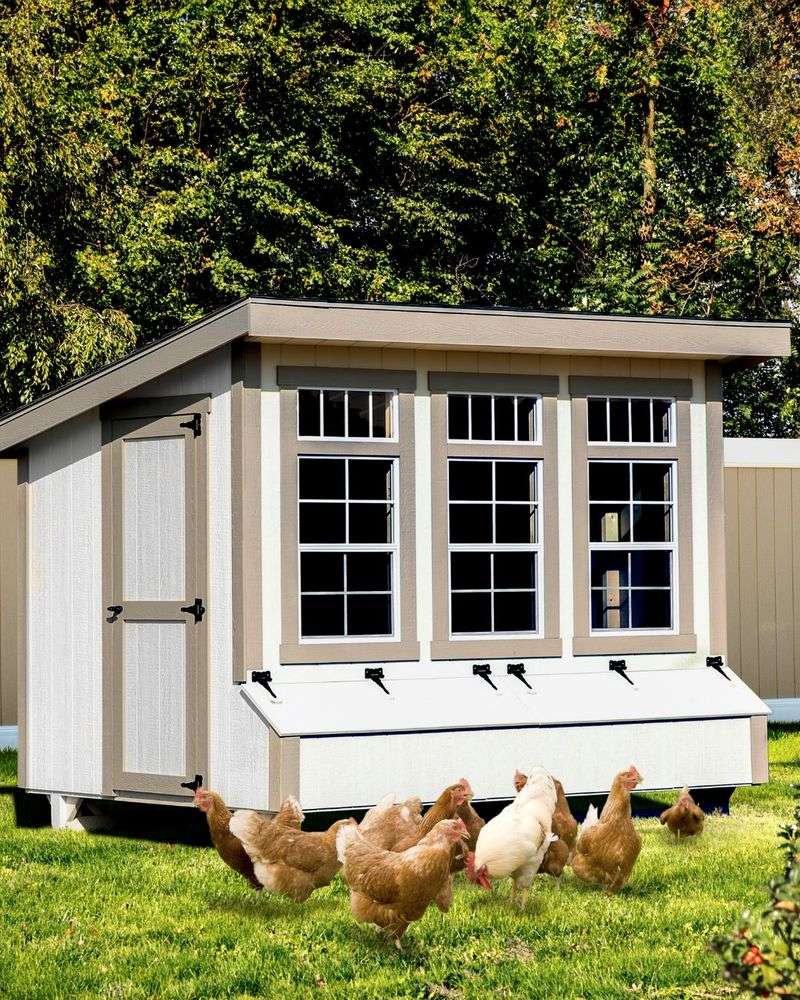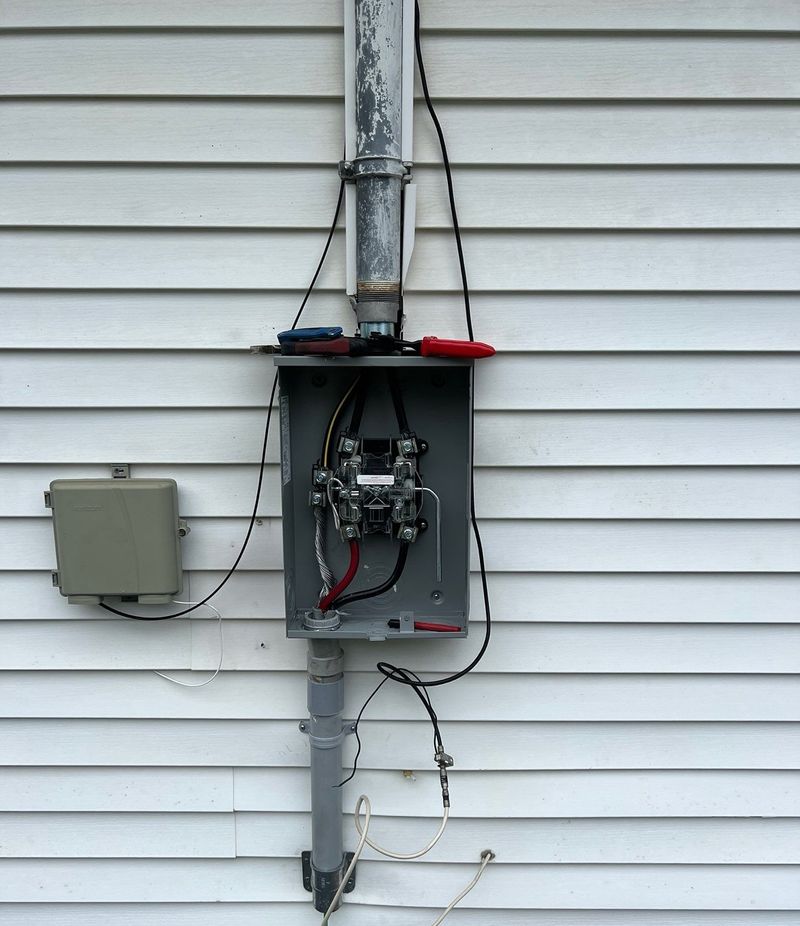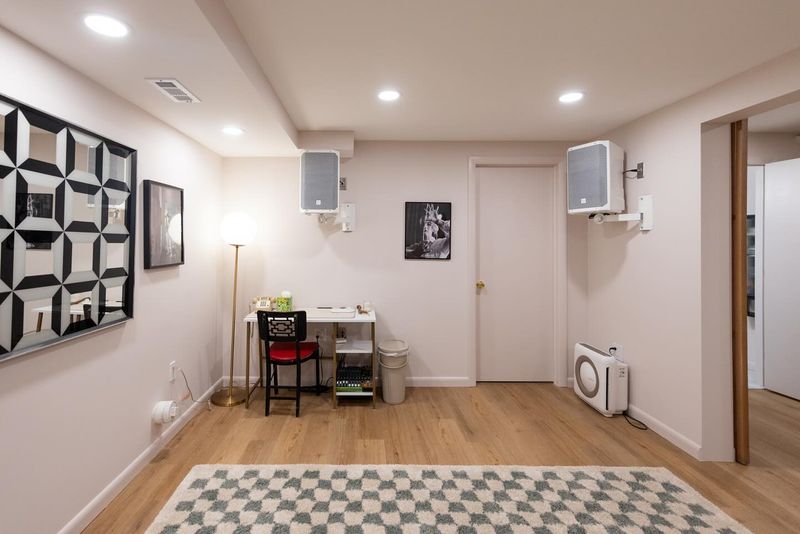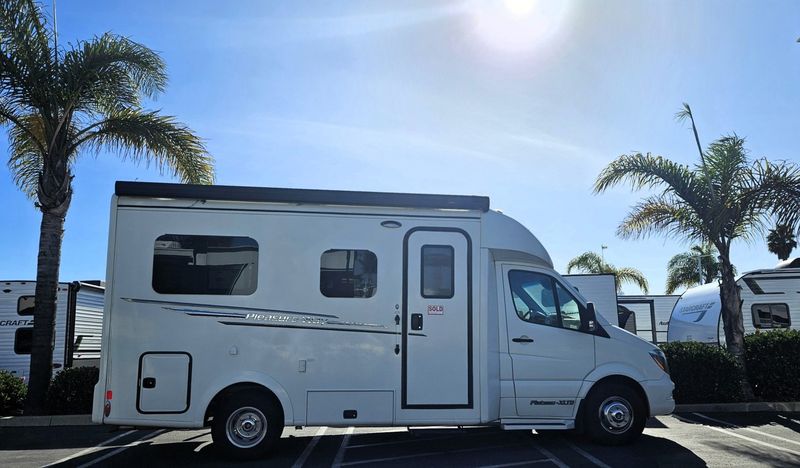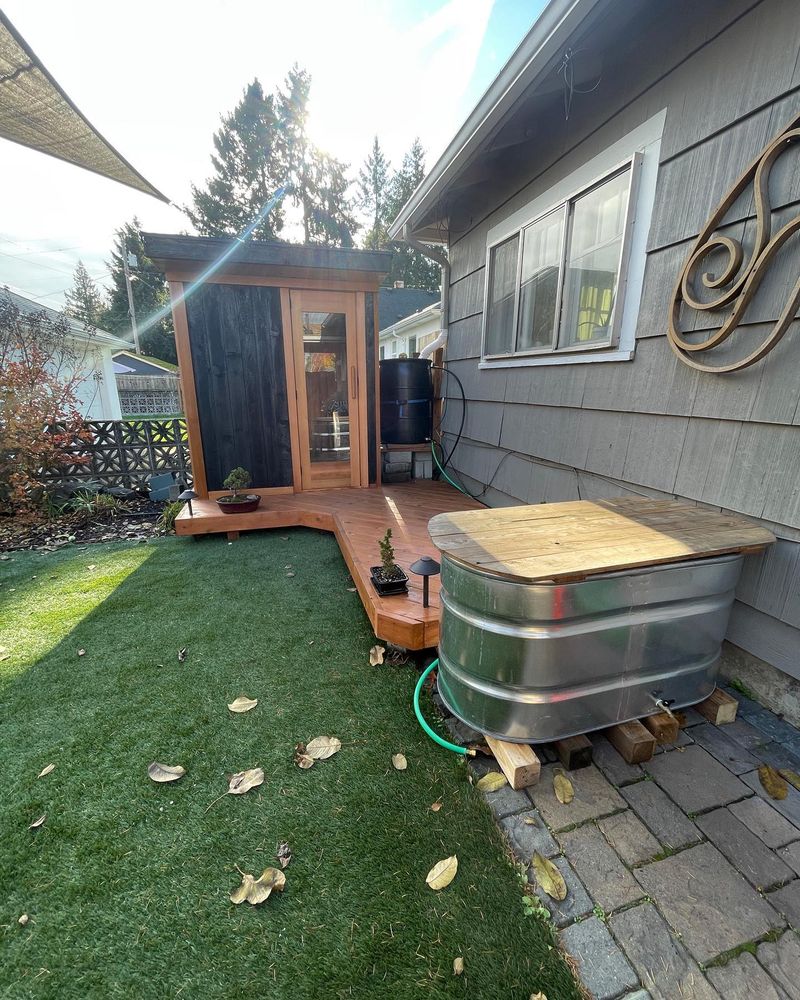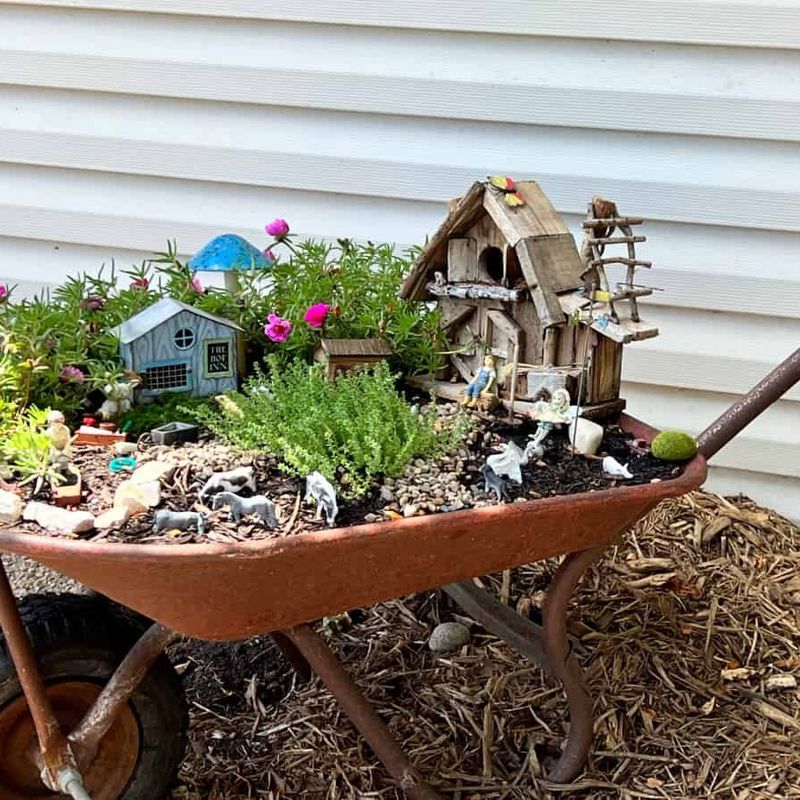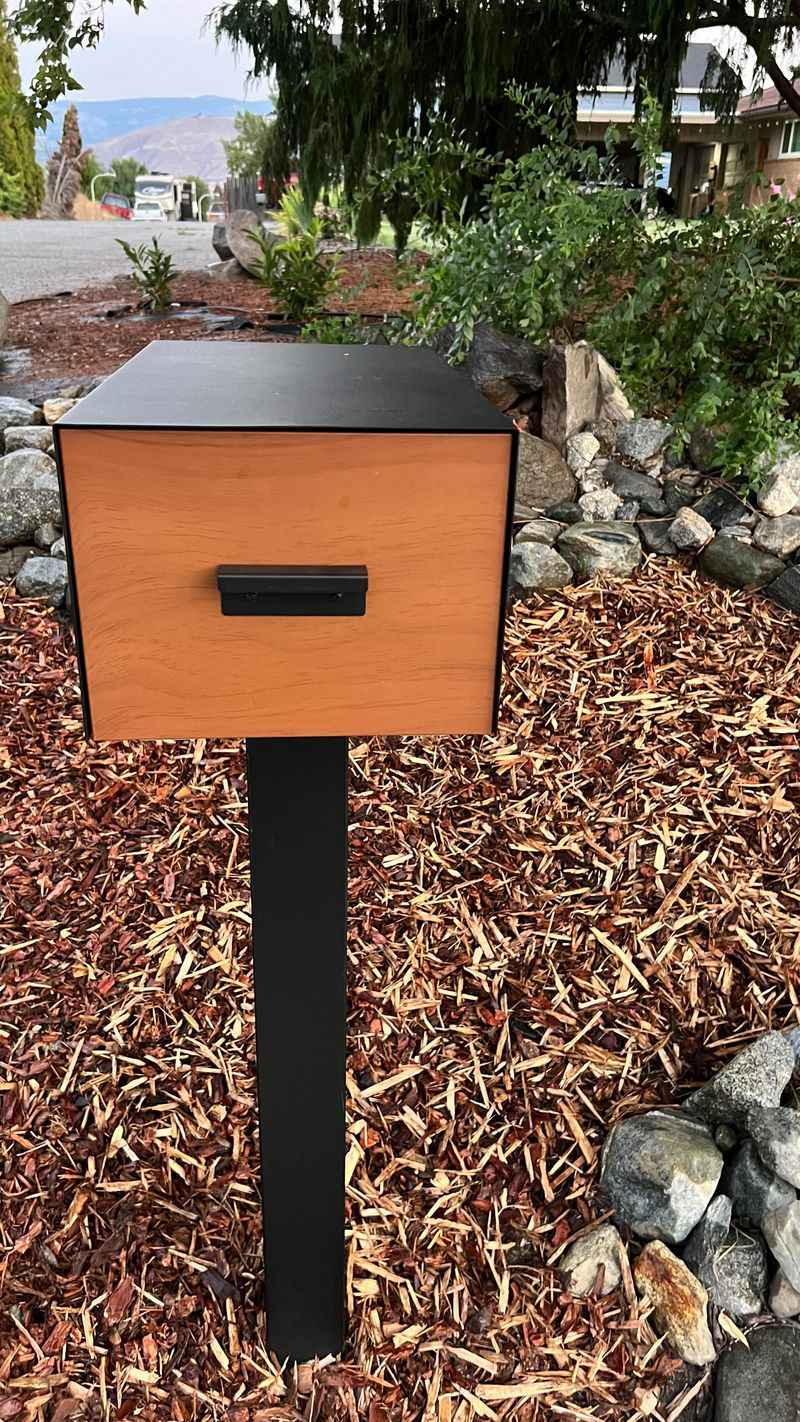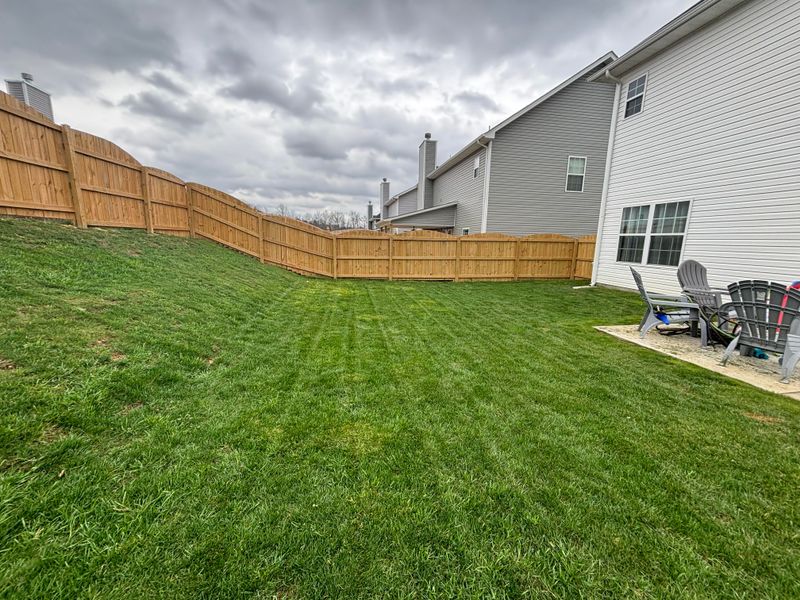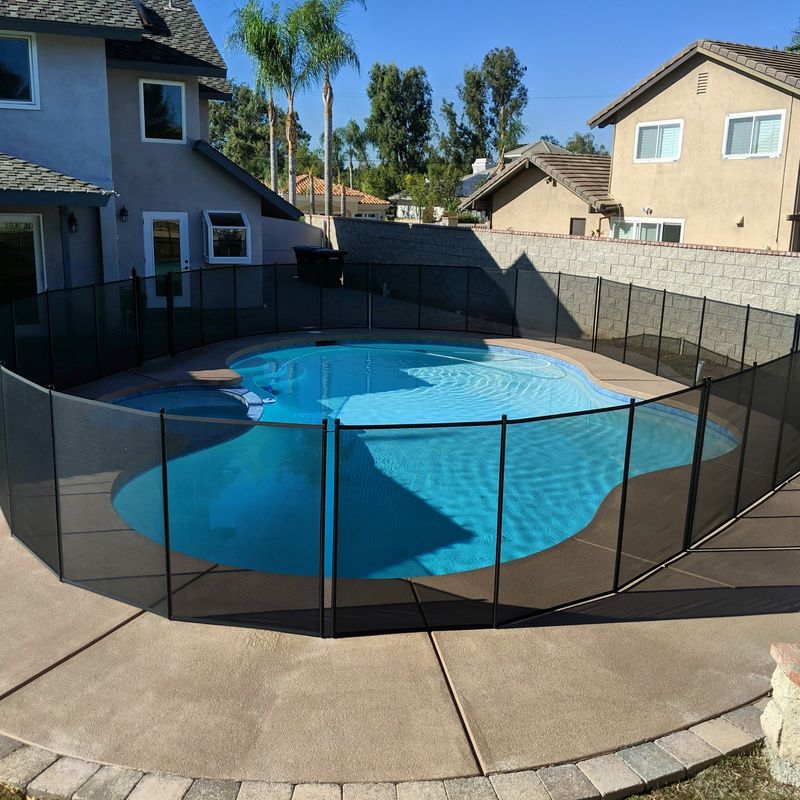Suburban living comes with its fair share of surprises, and some beloved home features are turning into unexpected headaches. You might be shocked to learn that things once seen as charming or handy are now causing legal troubles.
It’s wild how rules around neighborhoods keep changing, catching many homeowners off guard. I’ve seen neighbors scrambling to fix what used to be perfectly fine.
Let’s take a look at these tricky features that could soon cause you more stress than joy.
1. Unpermitted Backyard Sheds
Those convenient storage buildings popping up in backyards nationwide are causing major permit problems. Many homeowners install these structures without realizing they require building permits, setback compliance, and size restrictions.
When neighbors complain or municipal inspectors notice, owners face fines, forced removals, or property tax reassessments. Even pre-built sheds from big box stores aren’t exempt from local building codes.
2. Short-Term Rental Conversions
Turning spare rooms or basement apartments into Airbnb moneymakers has backfired for countless homeowners. Local zoning laws often prohibit or severely restrict short-term rentals in residential neighborhoods.
Violations can trigger hefty fines, tax complications, and insurance nightmares. Some municipalities have implemented aggressive enforcement measures, including monitoring rental platforms and responding to neighbor complaints about parking and noise.
3. Front Yard Vegetable Gardens
Growing tomatoes and zucchini where your lawn should be might seem harmless, but many municipalities disagree. Strict ordinances often regulate what can be planted in front yards, with some explicitly prohibiting vegetable gardens.
Homeowners have faced legal battles, property liens, and daily fines for their edible landscapes. While some states have passed “right to garden” laws, most suburban communities still maintain restrictive landscaping codes.
4. Non-Conforming Fences
Privacy fences installed without proper permits or exceeding height restrictions are among the most common code violations. Many homeowners are shocked to discover their six-foot fence violates the four-foot maximum in their front yard setback.
Fence disputes frequently spark neighbor feuds and municipal complaints. Even fence material, style, and exact placement can violate HOA rules or local ordinances, forcing expensive modifications or complete removal.
5. Expanded Driveways
Widening driveways to accommodate extra vehicles seems practical but often breaks zoning rules. Many municipalities limit impervious surface coverage to prevent stormwater runoff issues and preserve neighborhood aesthetics.
Homeowners who pave beyond permitted limits face drainage violation citations and potential environmental fines. Some have been forced to remove excess concrete at considerable expense or install costly drainage systems to compensate for the additional runoff.
6. Backyard Fire Pits
Those cozy outdoor gathering spots for roasting marshmallows have sparked serious legal problems. Many cities have strict fire codes regulating the size, location, and even the times when outdoor fires are permitted.
Smoke complaints from neighbors often trigger inspections and citations. Permanent fire pits built without permits can violate building codes, while even portable models might run afoul of local burn ordinances or HOA restrictions during dry seasons.
7. Chicken Coops
Backyard chickens have boomed in popularity, but many suburban homeowners install coops without checking local regulations. Zoning ordinances frequently ban poultry in residential areas or impose strict limits on flock size and coop placement.
Roosters are almost universally prohibited due to noise concerns. When neighbors complain about odors or sounds, owners face removal orders and fines, sometimes as high as several hundred dollars per day of non-compliance.
8. DIY Electrical Work
Amateur electrical installations create both safety hazards and legal problems for homeowners. Most jurisdictions require licensed electricians to perform work that requires permits, which includes most wiring beyond simple fixture replacements.
Insurance companies routinely deny claims for fires caused by unpermitted electrical work. When unpermitted modifications are discovered during home sales, sellers often face costly retroactive permitting processes or must pay for professional reinstallation.
9. Basement Apartments
Converting basements into rental units without proper permits has led to serious legal consequences. These units often fail to meet egress requirements, ceiling height minimums, and fire safety codes essential for legal habitation.
Landlords of illegal units face not only municipal fines but potential criminal charges if tenants are injured. Some homeowners have been forced to pay relocation costs for displaced tenants and restore basements to their original, non-residential state.
10. Recreational Vehicle Parking
Storing boats, campers, and RVs in driveways or side yards violates ordinances in many suburban communities. These restrictions often limit the duration of parking or prohibit storage entirely outside of enclosed structures.
Enforcement typically begins with neighbor complaints about visual blight or blocked sightlines. Persistent violations can result in daily fines that quickly accumulate, sometimes leading to property liens when left unpaid or forcing owners to pay for off-site storage facilities.
11. Rain Collection Systems
Surprisingly, rain barrels and cisterns violate water rights laws in some states where all precipitation is legally allocated to downstream users. Even where collection is permitted, systems must often meet specific design standards and volume limitations.
Improperly installed systems can create mosquito breeding grounds or cause water damage to foundations. Some homeowners have faced complaints from municipal stormwater authorities for diverting rainwater that would normally flow to public drainage systems.
12. Excessive Lawn Ornaments
Those quirky flamingos and garden gnomes might violate HOA rules or municipal aesthetic ordinances when they multiply beyond certain limits. Many communities have enacted “visual nuisance” regulations that restrict the number and type of decorative items permitted in visible yard areas.
Extensive collections have triggered neighbor complaints and enforcement actions. Some homeowners have received notices requiring removal within specific timeframes or face escalating fines for non-compliance with community standards.
13. Improper Tree Removal
Cutting down trees without permits has resulted in shocking fines for unsuspecting homeowners. Many municipalities protect trees above certain diameters or specific species, requiring formal approval before removal.
Penalties can be severe – some cities impose fines based on the tree’s diameter, resulting in five-figure penalties for removing mature specimens. Some homeowners have even been required to plant multiple replacement trees or pay into municipal tree funds as remediation.
14. Non-Standard Mailboxes
Creative mailbox designs might express personality but often violate postal regulations and local ordinances. The U.S. Postal Service has specific height, accessibility, and construction requirements that supersede personal preferences.
HOAs frequently impose additional design restrictions for neighborhood uniformity. Non-compliant mailboxes can result in mail delivery suspension and municipal citations. Some homeowners have been surprised to find their decorative mailboxes must be completely replaced rather than simply modified.
15. Unauthorized Home Businesses
Running businesses from residential properties has triggered zoning violations for many homeowners. Most residential zones prohibit or strictly limit commercial activities, especially those generating customer traffic, visible inventory, or external signage.
Home-based businesses that create parking problems or noise complaints face particularly aggressive enforcement. Even online businesses with frequent package deliveries or inventory storage have resulted in cease-and-desist orders from municipal authorities responding to neighbor complaints.
16. Non-Compliant Swimming Pools
Backyard pools installed without proper permits or safety features have created serious liability issues. Most jurisdictions require fencing with self-closing gates, alarms, and specific electrical safety measures for all pools, even small above-ground models.
Insurance companies may deny coverage for unpermitted pools. When accidents occur, homeowners face not only civil liability but potential criminal charges if required safety features were missing. Some have been forced to remove pools entirely when compliance proved impossible.


